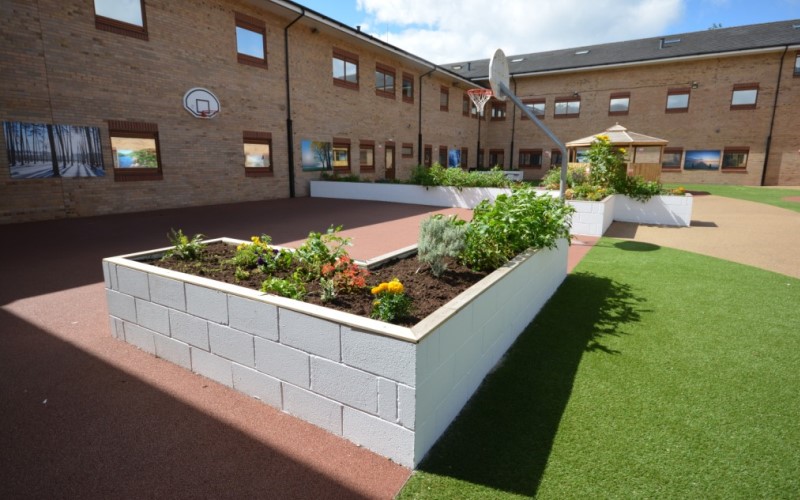
The Quality Network for Forensic Mental Health Services (QNFMHS) is a quality improvement network for low and medium secure inpatient forensic mental health services in the UK. It is a national project developed to ensure best practice is being achieved in low and medium secure services. Amongst other things the peer review team assess standards of care, current facilities, standards of documentation and health records, environmental facilities, and staff training qualifications, support and supervision.
“I am really proud of the Bronte and Shelley teams. This evidences the high quality service that we provide, particularly in light of the revised standards for low secure services.”Jenny McVinnie, Hospital Manager
The peer review team found the following as particularly noteworthy areas of achievement:
- The service has made a number of improvements since their review last year: all patients are now registered with the local GP and with a dentist; patients benefit from a buddy system on admission; the food at the service has highly improved, with all patients spoken to reported being very happy with the food options and quality, and patients have done or will be doing a trip to the Lake District, which is organised by the service.
- The environment is welcoming, clean and bright. The facilities available for patients are commendable, with access to outdoor gym equipment, a large courtyard space, music room and art room. The seclusion facilities available for women are also of high quality, with a large de-escalation space outside of the seclusion suite and the advantage of three points of access.
- The sensory room available for patients is highly impressive with soft padding on the walls and around the TV, different coloured lights, comfortable seating areas, a relaxing atmosphere and aromatherapy.
- Co-production is at the centre of the service delivery. Patients have been involved in the reduction of restrictive practices, have attended conferences with the support of the service, have presented and won a dragon’s den which provided the service with a large amount of money to renovate their IT equipment, and are involved in the delivery of recovery college courses.
- During the tours, a great amount of information was observed on the notice boards, such as a ‘you said, we did’ board, information regarding advocacy with a picture of the advocate, Safewards information and employee of the month picture.
- Staff have a positive attitude and feel well supported by the service. Staff morale is high, and they are complimentary of senior management. Staff report their health and wellbeing is well managed by the service with personalised plans in place when staff come back from sick leave.
- The service is further improving the quality of the service provided to patients and reducing restrictive practices. They have been able to remove 29 blanket restrictions so far, with the help of patients, and they are currently implementing Rapid, Assessment, Interface and Discharge (RAID) in their wards to improve the quality of care provided.
Well done to the multi-disciplinary teams on Bronte and Shelley for this excellent result.